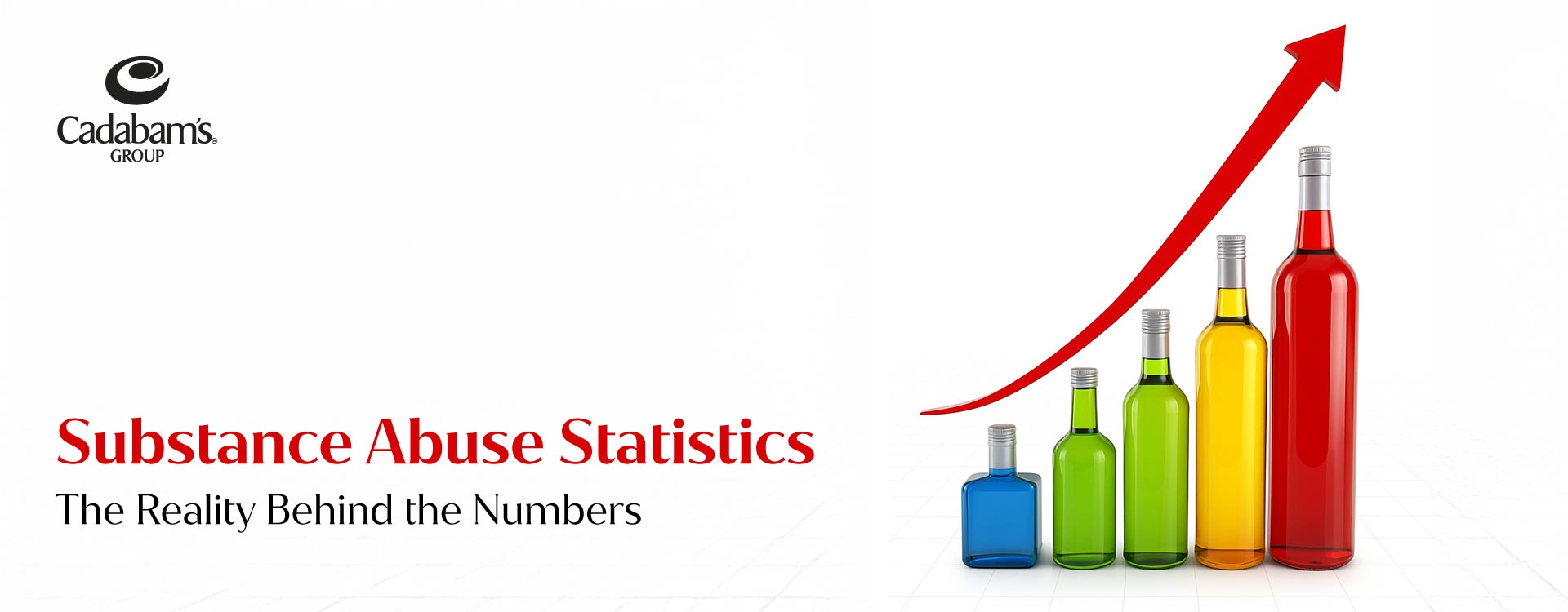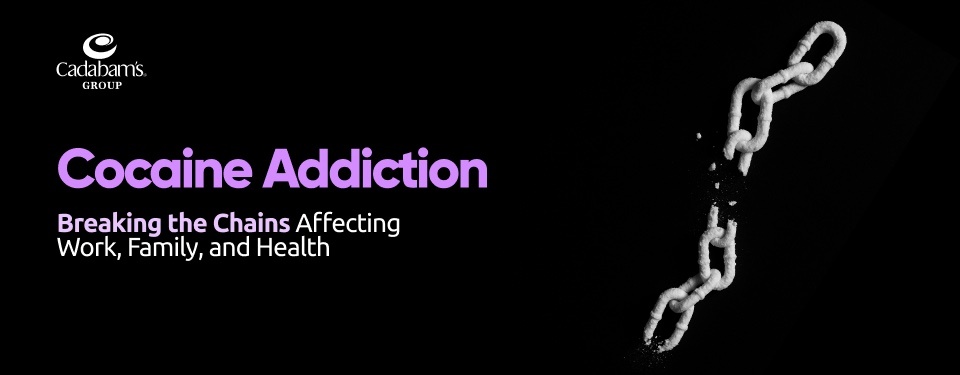Well, all of us have our own views and experiences about people who struggle with their addictions – simply called – habits. Other words in use are alcoholic, drug addict etc. It is good to name them as a person with problems to each substance rather than using words which make a negative connotation. This group of people may exhibit a range of behaviors related to lack of control in use of a variety of chemicals or substances like tobacco, cannabis, alcohol, or activities like gambling, playing internet games, watching porn films, being involved in sexual relationships. In brief, people affected by this illness tend to use excessively a substance or any activity that imbalances other parts of the individual’s life and affects him and those surrounding him in different subtle ways and interferes with normal life.
Some of these disorders have been clearly identified and researched while few have got a negative connotation and such people are looked at differently in the society in general and family in particular. Some of these groups of disorders are still not discussed openly or awareness regarding them is still low.
Many of us are unaware that inability to use time fruitfully – to be productive and satisfactory to self and others is an indicator towards lack of mental well-being. For some people this may not manifest as symptoms. According to WHO, Health is defined as well being in physical, psychological, social and spiritual areas and not mere absence of disease or illness. Hence it is essential to look into this aspect during active treatment interventions and follow up recovery period of individuals with chemical dependence.
Life for all is a series of adjustments between individual needs and collective appropriateness and feasibility. Some of us are able to gear up and take stressors as challenges and prove ourselves while others want to take the easy path by trying to find joy however short lasting and repeating such acts in futility even after gaining information and experience which are contrary.
The other day a young boy of 17 years was brought to me for his habit of taking marijuana since last four years. It is indeed sad to see how very young people are getting into these chemicals. It is not only the people with money, even rag pickers as young as 10 years have been known to be dependent on variety of chemicals.
There has been an ongoing debate about the nature-nurture controversy regarding this difficulty. Many will argue that ethical, moral weaknesses should not be covered by labeling as sickness and expect the society to be kind, compassionate and tolerant of such people. Like all other illnesses there is a contributing role of genetics and social environment.
Whatever the arguments or counter arguments – the fact remains that there are people who are unable to lead normal lives and their choices, preferences and their overall behavior in society creates difficulties for themselves and their significant others or even strangers as for example when an intoxicated person drives on the roads. Hence more often such people will be brought for medical attention by their family or by police.
Like with many other health problems, we as a society need to be aware and take steps for its prevention. Early detection and adequate and continuous treatment are very essential so as to ensure full recovery. Denying, minimizing, wishing it away, trying to solve it within the family are all inadequate methods to handle such an issue. The best way to care for such people is to get professional help. Most often it becomes difficult as the individual does not cooperate.
In most cases bringing the affected person for the necessary treatment is an uphill task. It may be several years before the person reaches a state to agree for seeking help. Even when some families forcibly try to get help – the client very often feels cheated, violated and holds resentment against them.
This subject matter is vast and I plan to pen my thoughts about a few issues that I feel are important in treatment of people with these disorders.
- Awareness: Awareness regarding signs and symptoms of chemical dependence. There is a great need to enhance Public awareness regarding the indicators of this problem. The affected person almost always feels he is in control but his actions and behavior clearly indicate the opposite. There is a long list, to mention a few. Increase in the amount and frequency of drug or alcohol use
- Denial of problem
- Excuses for use
- Hang over, bad trips
- Health problems
- Interpersonal difficulties
- Problems at school, college, work place and family
- Dramatic change in mood when drinking or using chemical
- Stealing money
- Memory loss
- Concept of enablers: For each person that has got into alcohol or any other drug or anything else that comes under dependence disorders, there will be one or more people around who could be identified as enablers. There is a need to involve the enablers in the treatment of affected people so that recovery is complete and long lasting.
- Concept of Dual diagnosis: Many people who need help for their addictions or dependence problems may also have other emotional disorders, which complicates the treatment process and both may interact in variable ways so as to delay recovery.
- The twelve step programme: The twelve steps are the historical and practical foundation of Alcoholics Anonymous and have since been modified for use in different self-help group settings. Members find their sobriety in the steps and they need to continue to work on themselves. The first three steps are about surrendering. Simply put – admit the presence of a problem – see that help is available and ask for that help. Step four to six encourages self assessment. People working at these steps need to look back at a long list of strained relationships, avoidable losses, personal guilt and shame. They need the courage to admit that their lives have been a mess and it is time they make a list, come clean and share their secrets to someone they trust and then be willing to leave all the heartache behind and start anew. Step seven to nine focuses on such peoples need to learn to live in the community and be willing to reach out and ask for help. Make amends for those whom they have hurt. The last three steps involve action. They continue to correct any mistakes they make, take help and guidance to keep their sobriety and help others struggling with similar problems. They find sobriety by reminding themselves that “we keep what we have by giving it away”.
- Sobriety slogans: The idea is to choose one or more of these, which they like or feel they need to put to practice in their lives.
- Keep it simple
- First things first
- One day at a time
- One is too many, and a thousand never enough
- Hugs not drugs
- Let go and let God
- Live and let live
- HALT (Hungry, angry, lonely or tired – take care of yourself before attempting anything challenging
- Each day a new beginning
- Expect a miracle
- Importance of a sponsor: This person is a member of a twelve-step meeting who can serve as a counselor, big brother or sister, and a friend all rolled into one. The sponsor needs to be sober for at least two years, someone you like or admire, of the same sex as you. The other qualities needed are trustworthiness, honesty and reliability. The person needs to be available when help is needed.
- Learning: Learning new coping skills, how to say no, identifying danger zones, making choices, having good times without chemicals, structured activity schedule so as to ensure minimal boredom.
- Medication: Adequate use of appropriate medication for necessary periods of time can be very supportive and help in keeping the abstinence which is necessary for all the unlearning of patterns of behavior and new learning to take place in a supportive, encouraging therapeutic relationships.
The main goal of all intervention – is to help to maintain abstinence and give them tools to build a healthy and long lasting program of recovery. Treatment plan needs to be tailor-made for individual needs though broad principles remain common. An interactive team approach with good support, cooperation and understanding from the close family and friends goes a long way in ensuring recovery.
To know more about Short Term and Long Term Rehabilitation Centre reach CADABAMS
.webp)
.jpg)






